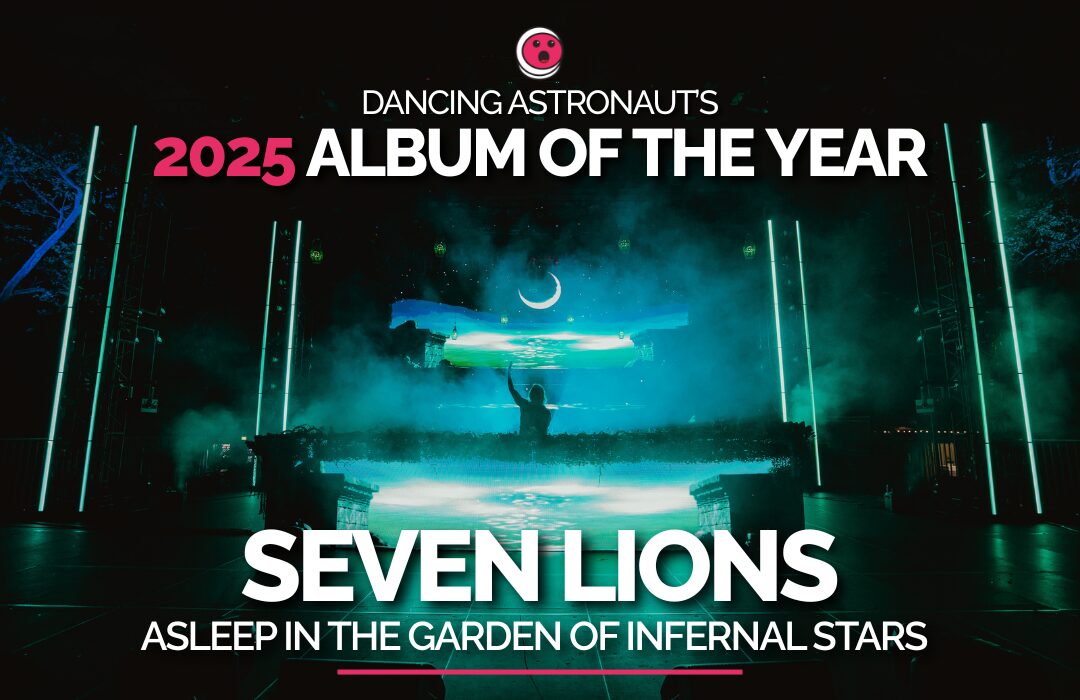Reliably at the top of every seasoned otaku’s favorites, Tsugumi Ohba and Takeshi Obata's Death Note has kept its popularity even now, 13 years after the anime adaptation’s finale. The show is edge-of-your-seat suspenseful, sports a cast of quirky characters custom-designed for fun cosplay and a well-managed supernatural element that still keeps its story grounded. Fans new and old can't help but continue to be drawn in by the cognitive war between its two super-geniuses, Light Yagami and L, with all of Japan as their battleground.
The tension their dynamic generated also made it a popular choice at the time of release for newcomers unfamiliar with the world of anime. With the benefit of the present, however, budding otaku have a few more options to choose from when making their first foray into Japanese animation -- including a show that compensates for Death Note’s few but glaring weak points.
Based on the manga by Kaiu Shirai and Posuka Demizu, The Promised Neverland is a show which, without dipping too heavily into spoiler territory, centers around a group of orphans who discover a secret about their orphanage that changes the way they view the world around them. With a completed manga, one season of anime and another on the way, new fans have plenty to engage with and plenty more to look forward to. Its themes and riveting story also make it the perfect alternative starter anime to Death Note.
For the purposes of this comparison, we will be focusing largely on the first season’s anime adaptation, which contains only 12 episodes, which is far less significant of a commitment to Death Note’s 37. And when trying to convince the more begrudging of viewers to try out anime, 12 might be a more convincing selling point. This lower count also makes for a far more concise narrative. Season 1 of The Promised Neverland devotes itself to a single story arc that is satisfactorily completed but still generates excitement for a continuation of the story. Death Note’s sole 37-episode season seems a little meandering in comparison, particularly towards the end with the loss of the show’s main point of conflict. TPN’s eagerly awaited second season is another starter series selling point: viewers of the first season will likely want to know how the story ends, keeping the show on their minds and opening up the possibility of them wanting to watch similar shows to stave off the wait.
Death Note’s best feature -- and conversely weakest point-- is that the story hinges around the mental battle between protagonist Light and his antagonist L. Each of them was leagues brighter than their surrounding cast, which made their clashes mesmerizing to watch and helped to illustrate how complementary their existences were in this world. The trouble with this is that the removal of either character limits the story severely, as there are too few characters developed enough to take up their mantle when one is gone. The Promised Neverland suffers none of that.
While there is a diversity of intelligence to the cast -- some of it borne from decades' longer life experience, some of it through genuine natural aptitude -- supporting cast members suffer no neglect in establishing themselves as independently intelligent characters who stand more or less on the same field as the central characters. This makes for a far more fleshed out world that does not crumble with the removal of key characters, consequently ridding them of their plot armor and driving up the suspense. Additionally, TPN's environment is often played as an opponent, generating a constant state of apprehension however tranquil the scene may seem to be.
The final selling point lies with fan service, or rather, TPN’s lack thereof. It’s an undeniable trope of the anime world, but that doesn’t always mean that it’s the most palatable to the reluctant first-time viewer, and may very well be a nail in the coffin when trying to coax an uncertain friend into watching an episode. Death Note may not be as guilty as some of the more memorable offenders, but Misa Amane's occasional underwear scenes and BDSM-inspired restraints when questioned as the second Kira makes The Promised Neverland a far surer bet if you’re looking to play it safe.
Overall the decision is a matter of opinion. You know the type of stories you like best, and you know your friends best when looking for recommendations for them. Given a choice between the above shows, however, The Promised Neverland might just be a more well-rounded experience.
About The Author

